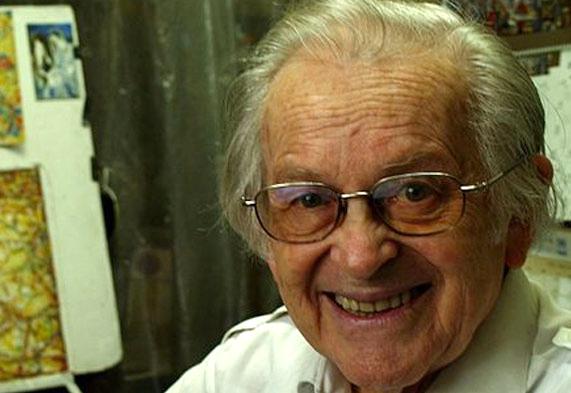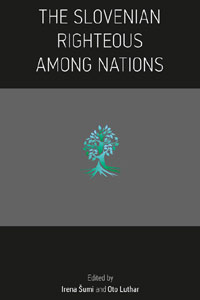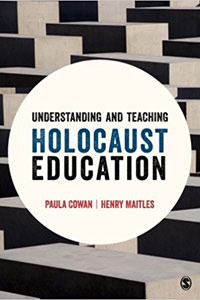Shalom and welcome to the 35th issue of Teaching the Legacy.
Some months ago, we lost Elie Wiesel, survivor of Auschwitz, number A-7713, prolific author, Nobel laureate and the voice of many survivors. Elie Wiesel once said, “For whoever listens to a witness becomes a witness.”
It is in this spirit that we present the current edition of Teaching the Legacy. In this edition you will find the voices of survivors such as Alexander Bogen, Yehuda Bacon, and Shela Altarez, as well as the voice of a second generation author, Melvin Bukiet. You will also find an article about teaching the Holocaust using the pedagogy developed at Yad Vashem’s International School for Holocaust Studies and reflected in the Echoes and Reflections professional development program for American educators, which teaches the Holocaust by Hearing the Voices of the Victims. An additional article discusses the Holocaust Educator Video Toolbox films, created to provide educators with methodological and pedagogical suggestions that aid with the often daunting task of teaching the Holocaust, as well as practical materials and discussion points for classrooms and groups.
We hope you will enjoy the issue. After reading the interviews and the articles and listening to the witnesses, you will surely become a witness. We close with another Elie Wiesel quote. At the opening ceremony of the Holocaust History Museum at Yad Vashem on March 15, 2005, Elie Wiesel said,
“And so we go through the museum and we do not understand. All we know is that it happened. [...] what should we do? Weep? No! My good friends – we never try to tell the tale to make people weep. It is too easy. We did not want pity. If we decided to tell the tale - it is because we wanted the world to be a better world – just a better world and learn and remember...”
The Editorial staff
December 2016
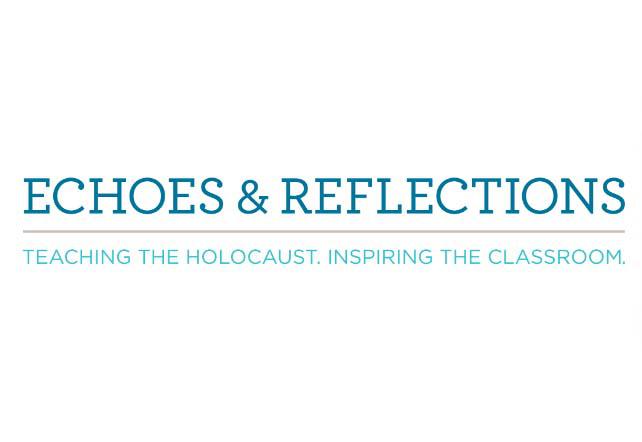
Echoes & Reflections: Hearing the Voices of the Victims
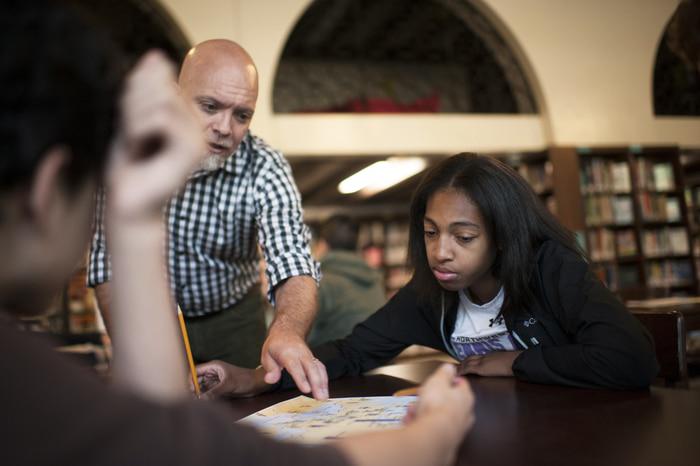
Echoes & Reflections Educator Video Toolboxes
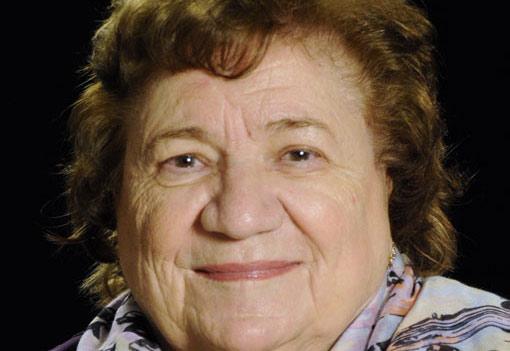
Interview with Shela Altaraz, Holocaust Survivor

Interview With Melvin Jules Bukiet, Author and Professor, Sarah Lawrence College
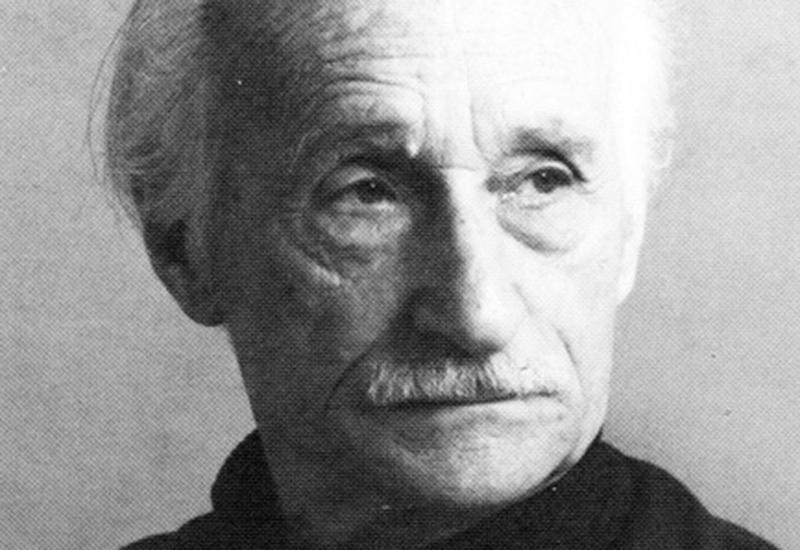
Interview with Alexander Bogen, Survivor and Artist
